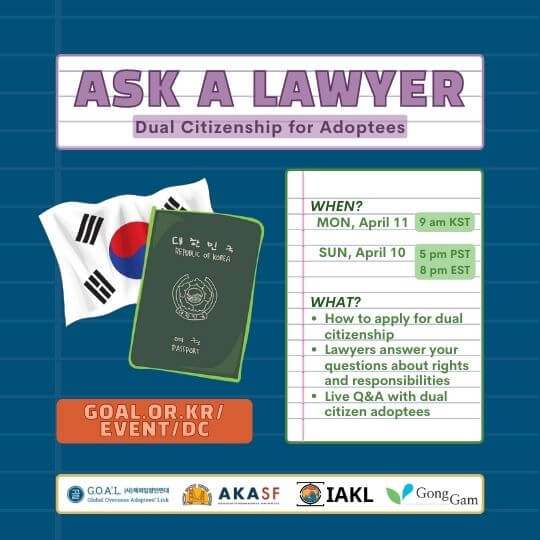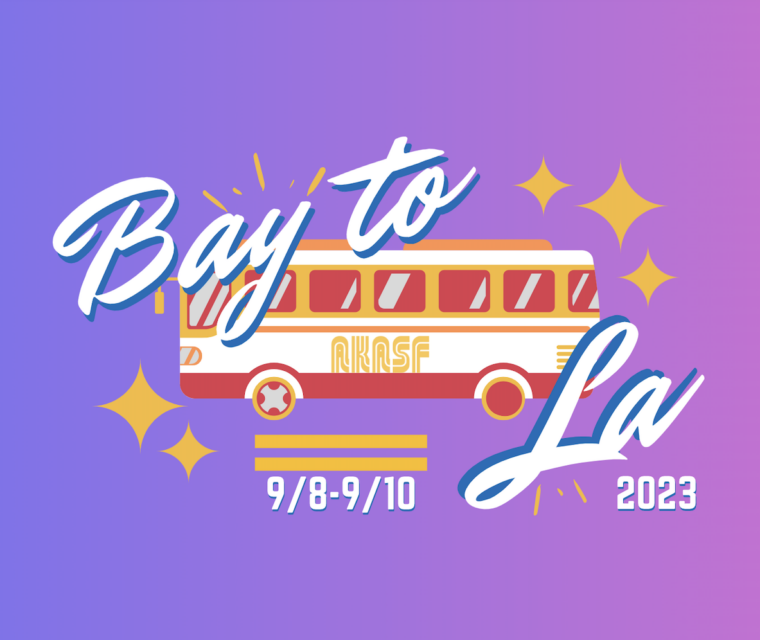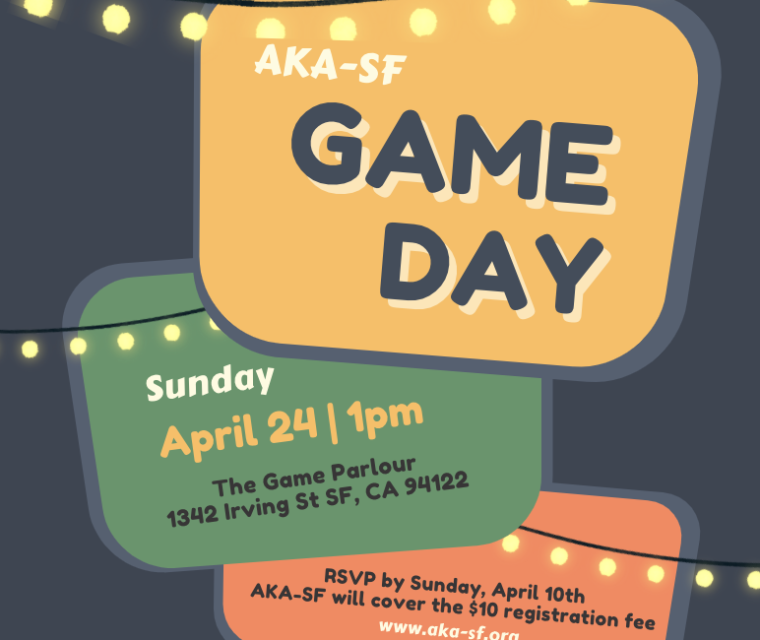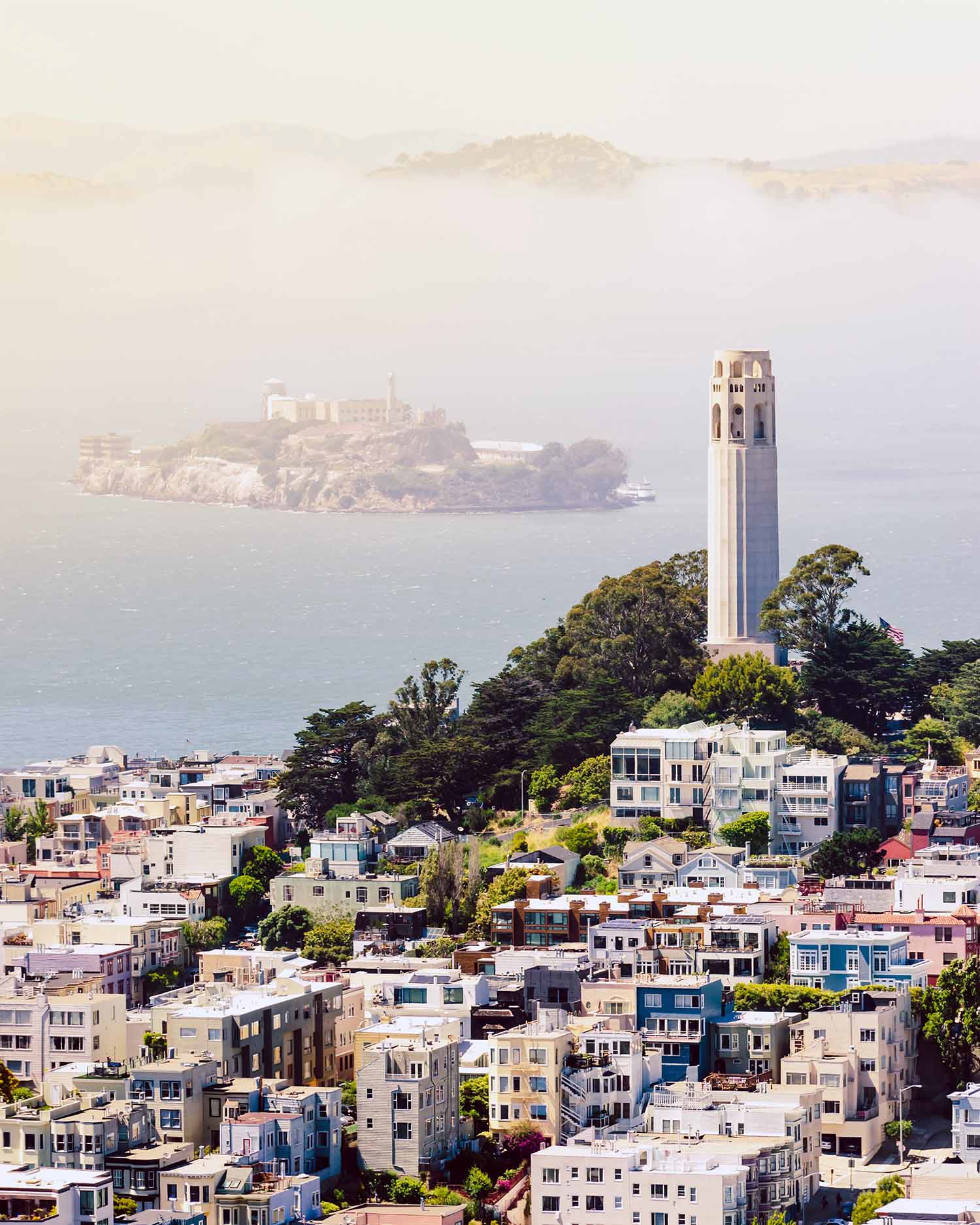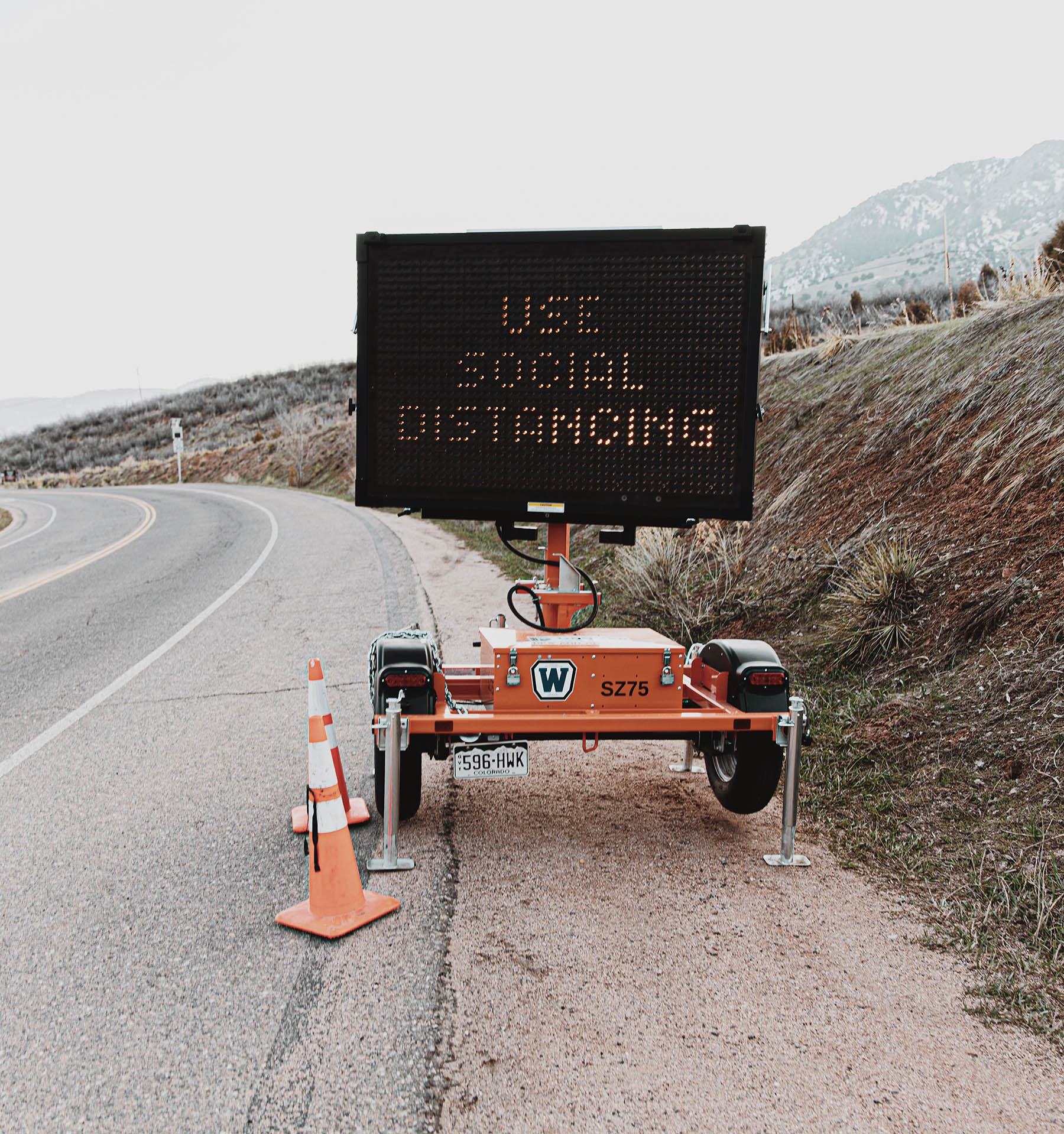
On April 19th, AKA-SF held a virtual discussion group for local KADs to discuss social vs. physical distancing, isolation, and how these experiences intersect with being transnational adoptees. In the COVID-19 public health crisis of 2020, safely coming together in a virtual space was a way to connect and collectively discuss ways to cope.
SOCIAL VS. PHYSICAL DISTANCING
On the topic of social vs. physical distancing, we discussed elements of a recent Psychology Today article:
“We are fundamentally social beings, and social distancing can carry a heavy psychological price tag. This is particularly true for people who live on their own, but we can all struggle with the emotional impact of isolation and its first cousin, loneliness.
…
The growing recognition that social distancing carries psychological and physical health risks has led to a growing call to change the term to “physical distancing,” a recognition that what we need is greater physical distance between people, not great social distance. Yes, physical distance certainly means a reduction in social contact, and no amount of rebranding the term will can change that reality. But the idea is still a good one: Let’s focus on reducing physical contact, while maintaining—to the extent possible—the social connections that help us thrive and stay healthy. Let’s protect ourselves psychologically as well as physically, while doing everything possible to slow the spread of the virus—to “flatten the curve” of its impact.”
HOW AKA-SF MEMBERS ARE COPING
With this distinction in mind, attendees listed ways they’ve been trying to stay socially connected with others. These included:
- Texting 3 people you’ve lost touch with
- Gaming with friends
- Following businesses/groups that have transitioned to online activities
- Participating in fitness challenges
- Setting up or attending virtual coffee breaks/lunches/happy hours.
Attendees also highlighted self-care—in particular, finding something to do on your own outside of the digital space, noting that taking care of yourself influences your ability to care for others.
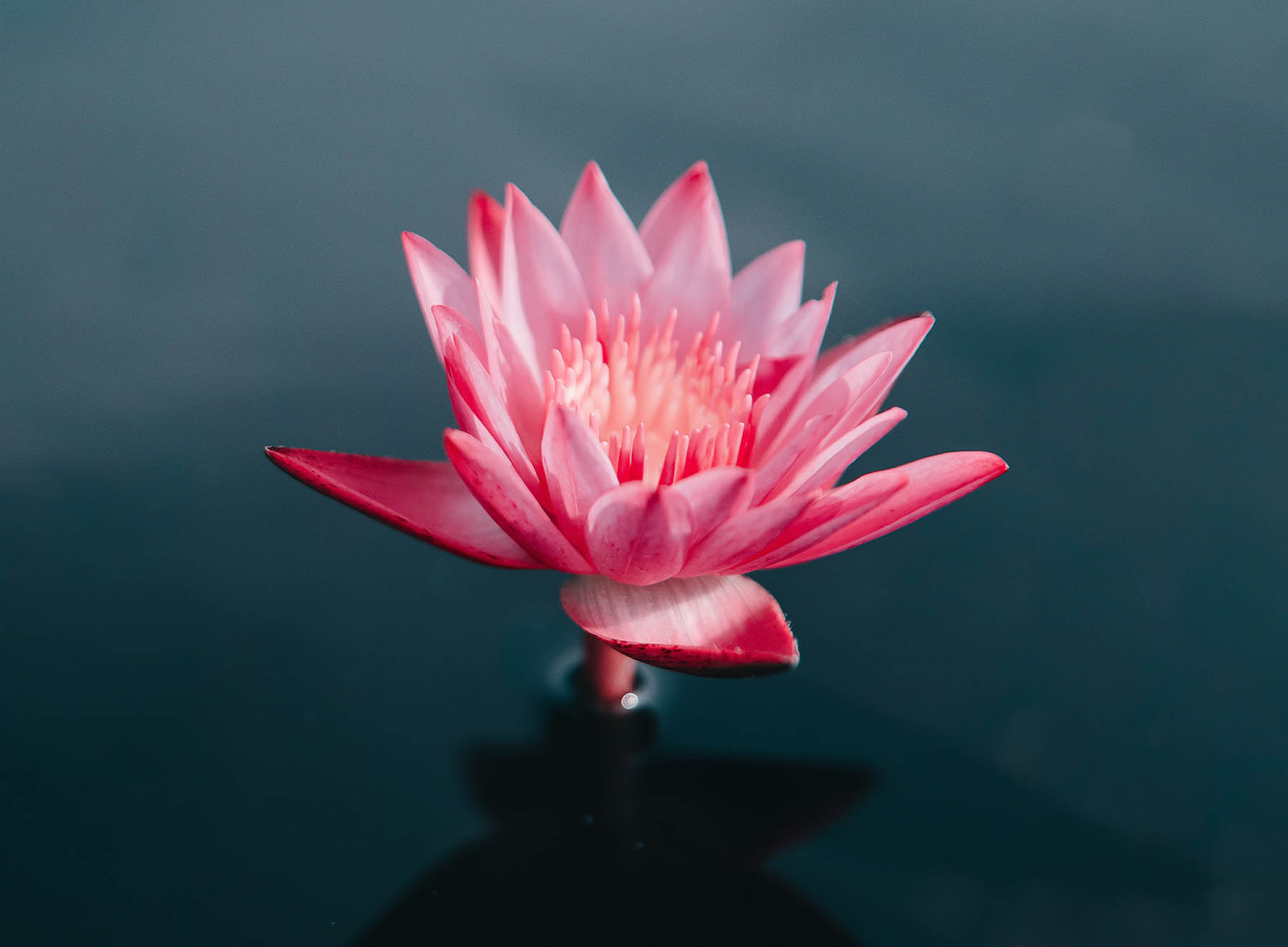
Caring for and connecting with others were regular themes throughout the discussion, but the notion of collective grief was also brought up. We shared in this collective grief of canceled trips, postponed events, mandated distance from others, concern for loved ones, and widespread instability. How can we extend more compassion? How can we be more mindful or our mental health? While we discovered no magic answers, volunteering when possible was at the top of the list.
COLLECTIVE GRIEF AS AN ADOPTEE
Attendees also touched on how this collective grief intersects with the experience as an adoptee. Some were reflective of how Korea’s government and society has handled crises both historical and modern; others brought up how the COVID-19 crisis is stoking Asian-American racism and how we handle that as adoptees.
We wrapped our virtual discussion by looking ahead to how we build community. The need for virtual gatherings also creates an opportunity to see how we can increase accessibility and remove common barriers (like geography and cost) to increased community engagement.
AKA-SF thanks our attendees for providing meaningful dialogue and resources. We hope these resources can help support you in these incredibly difficult times. Community-building is needed now more than ever.
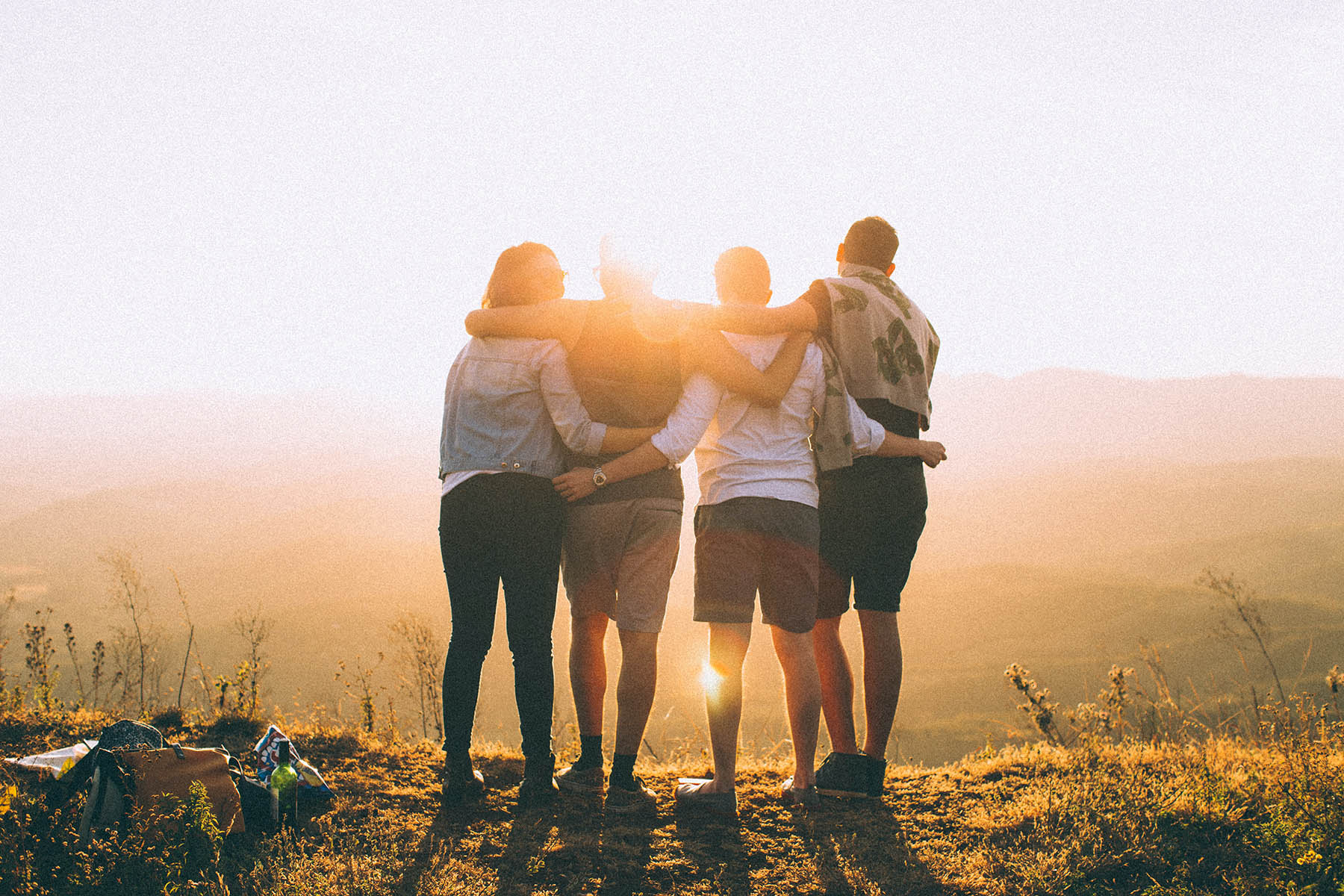
RESOURCE LIST
Self-care/Wellness-related:
Face masks:
- How to make your own face mask
- LeeHwa wedding shop in LA (making face masks now)
Games:
Streaming:
- The Guild netflix recommendation
- Netflix Party to watch together with others

